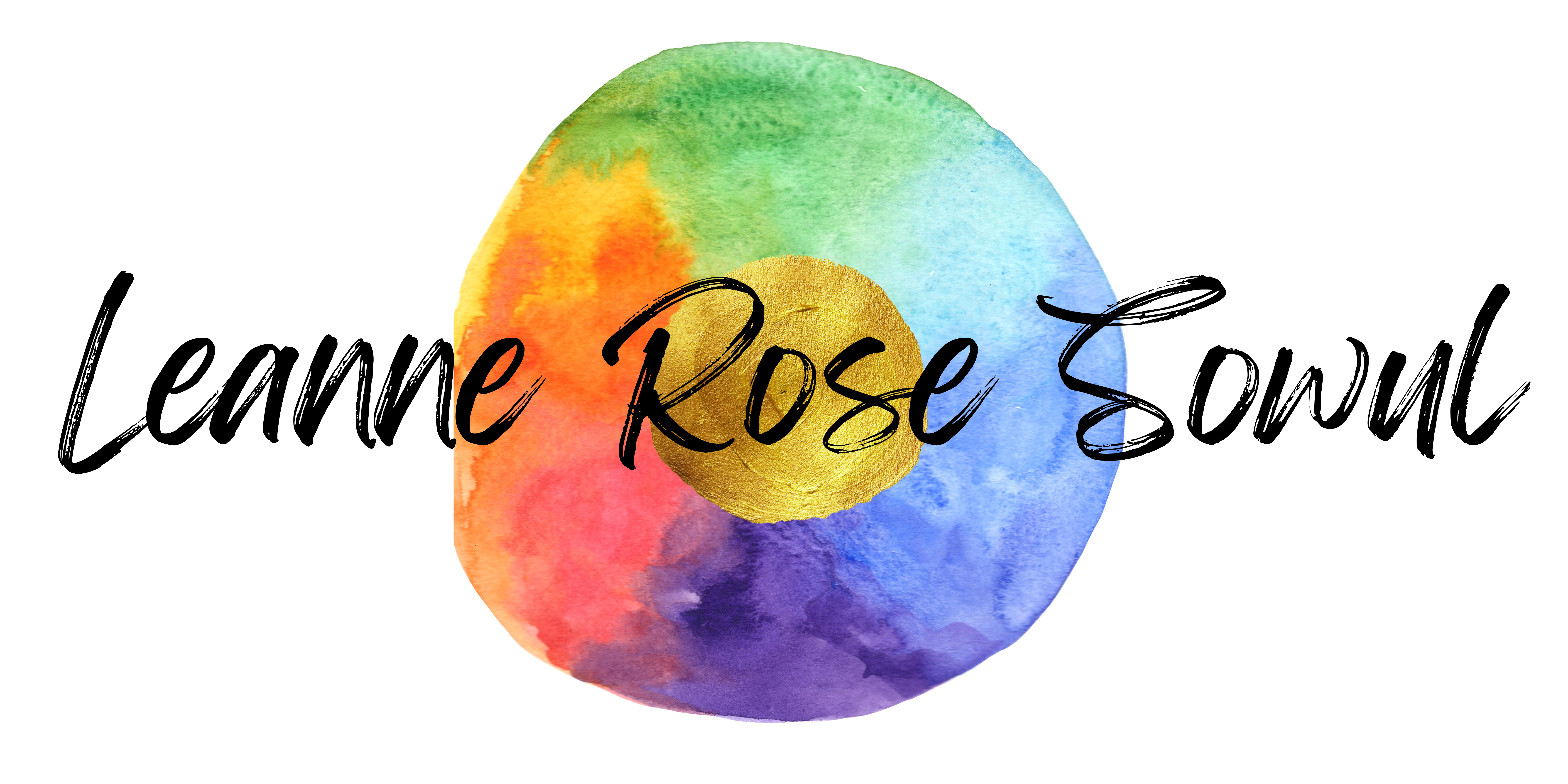Jane Austen’s work is very popular fodder for current fiction writers. The Jane Austen Book Club, Pemberley: Or Pride and Prejudice Continued… I know there’s more, but I’m blanking on the titles right now. I read a romance novel awhile back based on Pride and Prejudice, featuring Elizabeth Bennet as a hotshot lawyer and Mr. Darcy as her not-so sober judge, but I can’t remember what it’s called.
Like most living, breathing, decently-educated women, I love Jane Austen. (Evidence: Sense and Sensibility.) This leads me to try some of these knockoff books every once in awhile. Sadly, I have not yet read one that comes close to living up to Jane Austen’s name. Granted, those are pretty high stakes, but if the author is going to make the attempt, he or she can’t complain that the bar is too high. Last week I read this recent addition to the Jane Austen line:

Unfortunately, it proved just as disappointing as all the rest. In this book, Kate Shaw works as a writer/editor for a woman’s magazine. Through several strokes of misfortune, she finds herself at forty years old, completely broke, temporarily out of work, up to her ears in her mother’s gambling debts and mourning the loss of her beloved grandmother. While Kate is grasping at straws to get her life back together, a former boss suggests that she might try writing an article about landing a rich husband after the age of forty and despite the troubled economy. While initially scoffing at the idea- Kate is an “independent” sort of woman- she gradually starts to see her research for the article as a chance to make it happen for herself. She meets a billionaire at a polo match in Palm Beach who seems reasonably attractive and charismatic, and decides to throw herself at him. She pursues him from Florida to St. Moritz and finally to London, but along the way meets a few other men, both eligible and ineligible, that make her question her goal… right up until she’s about to walk down the aisle.
Where does the Jane Austen part come in? That’s what I’d like to know. The ties to Austen are flimsy at best. Kate is described as an Austen fanatic who even painted her bedroom the same color as a country house in England. Her editor suggests that she use the Austen connection to show her readers that even centuries later, heroines such as Elizabeth Bennet could be role models for women wanting to “marry up.” But Elizabeth Bennet was precisely the opposite role model. She didn’t care about Mr. Darcy’s wealth or position; in fact, she vehemently turned him down at first, only changing her mind when she fell in love with him as a person. Even her sister Jane married for love, with Mr. Bingley’s estate a happy afterthought. Kate uses Austen as an excuse to behave in a revolting manner throughout the entire story, which to me makes the book much worse than if it were simply a flimsy story about a desperate, money-grubbing woman.
Even taking Austen aside, it was a shallow and very predictable book. (The reader knows who she’s going to end up with as soon as the character is introduced.) The character of Kate, originally depicted as a woman to admire, is degraded over and over to the point of nausea and no return. The only redeeming feature might be the characterizations of some of Kate’s friends, particularly the frivolity of the wealthy divorcee/mentor Fawn, and the upstanding quietude of Kate’s sister Ann, who turns out to be the real heroine of the story.
So another Jane Austen knockoff disappoints. But I have heard wonderful things about P.D. James’ mystery Death Comes to Pemberley. Perhaps, after a brief spell, I’ll be willing to try an Austen spinoff again. Hope springs eternal…

